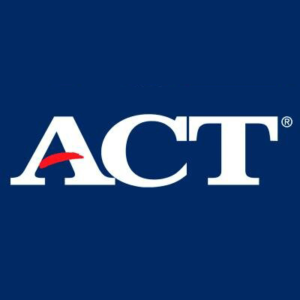 A new study from the American College Testing program’s Center for Equity in Learning has found a critical gap in academic success between students who have access to more than one electronic device in their home and those who only have one. Students with only one electronic device at home, usually a cell phone, face many challenges when completing their school work that don’t exist for their peers who have multiple devices.
A new study from the American College Testing program’s Center for Equity in Learning has found a critical gap in academic success between students who have access to more than one electronic device in their home and those who only have one. Students with only one electronic device at home, usually a cell phone, face many challenges when completing their school work that don’t exist for their peers who have multiple devices.
The researchers analyzed the 14 percent of ACT-tested students who said they only have access to one device at home. Of those students, 85 percent were classified as “underserved,” meaning they were either low-income, first-generation in college, and/or a member of a racial or ethnic minority group. American Indian/Alaskan, African American, and Hispanic/Latino students had the least amount of access to multiple electronic devices.
Nearly one quarter of students whose family incomes were $36,000 or less only had one device, compared to just 5 percent of students with family incomes of $100,000 or more. Additionally, students whose parents had a college degree were much more likely to have more access to multiple electronic devices than first-generation students.
Students who only have one smartphone available to them face challenges such as having to share that device with other members of their family, which inhibits their ability to do their homework successfully. Jim Larimore, chief officer for ACT’s Center for Equity in Learning stated that “when we question why we have education inequity, these insights about the digital divide should be kept in mind.”
The study’s authors recommends that to rectify this problem, schools look into providing more electronic devices in school.












